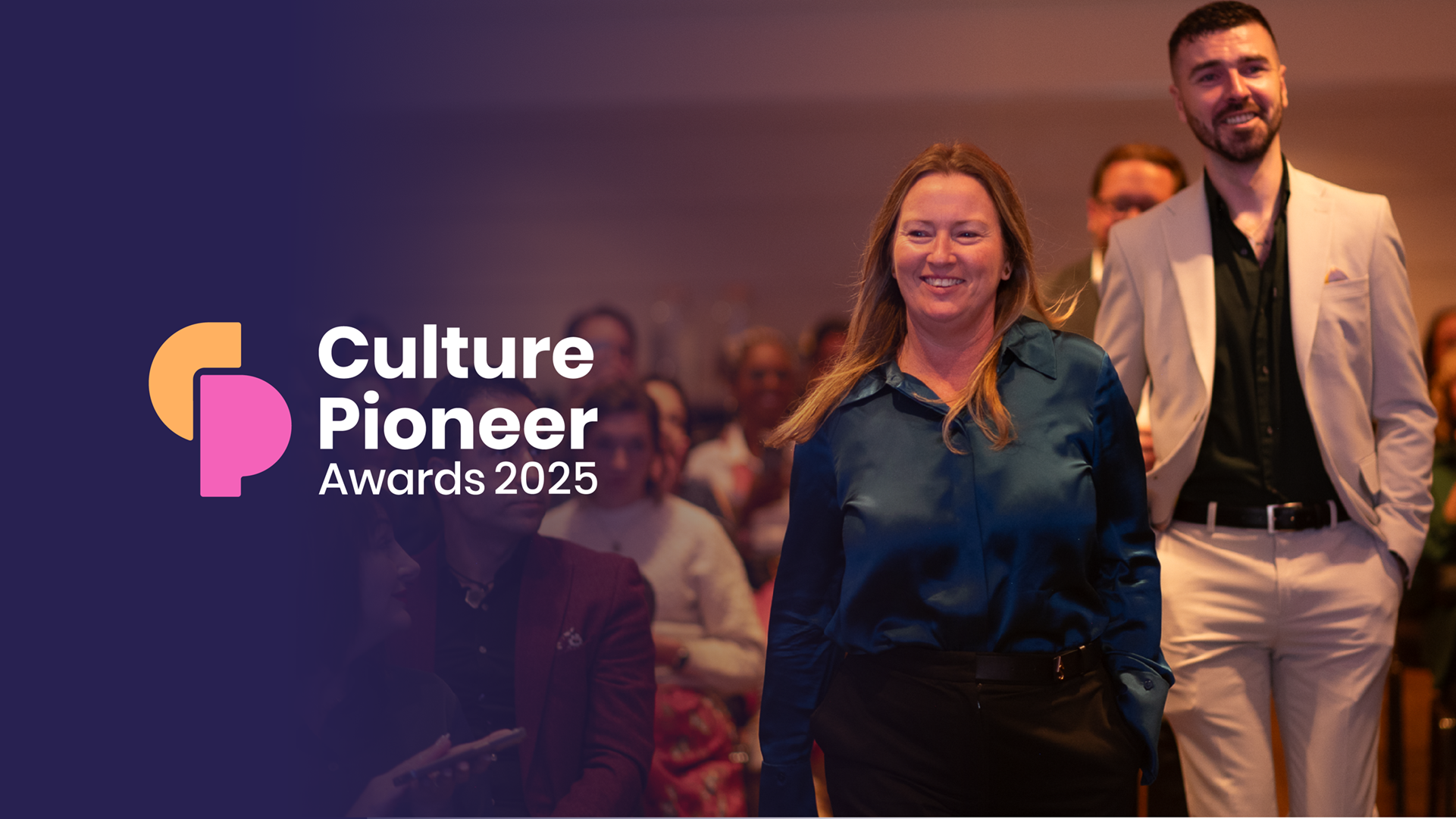In the third article of our series looking at how learning professionals can deliver on five key business outcomes, Laura Overton, CEO and founder of Towards Maturity, provides insights into how the most successful organisations are fine-tuning business outcomes.
As learning professionals we are regularly asked to use technology to help fine-tune the learning process. In our latest benchmark report, Unlocking Potential, more than 600 learning leaders told us how they are looking to do this.
Our data shows that:
- 96% want to improve management and administration of learning
- 95% want to deliver greater value for money
- 91% want to develop a better qualified workforce
- 88% want to reduce time away from the job
- 88% want to speed up the implementation of new internal processes or IT systems
But our data also shows that only a third of us are achieving these goals. This rises to 64% for Top Deck organisations, those in the top 10% of our Benchmark Index.
Let’s be clear, process improvement can lead to significant impact, including:
- A 25% reduction in speed of rollout of new IT applications
- A 21% reduction in study time
- And a 16% increase in staff qualifications
So what can we, as learning professionals, do to fine-tune our processes around learning?
In our next article we will be sharing some of the tactics you can use but today I want to focus on a group of employees that represent the secret sauce for transforming formal learning processes – your line managers.
Managers may be critical to transforming the learning process but our data shows that getting them on board to support and enable learning is a challenge, with 58% of you telling us that line managers are reluctant to encourage new ways of learning.
We know that from our ongoing research of 35,000 learners that 78% find support from their manager essential or very useful and 48% say that it is their manager or director who would most influence them to learn online.
The will to learn is there, now it’s about encouraging and supporting managers.
In this year’s benchmark report we looked at how ‘process achievers’ are doing just that.
Process achievers are the L&D teams that are achieving successes in five or more of the key areas of fine-tuning processes that we outlined at the start of this article.
We found that they are clear on the role they expect managers to play in supporting learning and provide them with the support they need to do it. Our data tells us that:
- 80% of process improvement achievers agree that their organisation expects managers to take responsibility for developing the skills of their staff, compared to 60% of non-achievers
- 47% equip line managers with resources so that their teams get the most out of learning (Vs 22%)
- 30% agree that managers provide active support in the application of learning in the workflow (Vs 11%)
Fundamental to helping managers fine-tune the learning process is to show them what great digital learning looks like for their own development. If their learning is low quality, how can you expect them to champion digital learning for their teams?
Despite the fact 95% of organisations have offered leadership and management skills training in the past year, only 44% of this is offered as online or blended programmes. This rises to 73% of organisations in the Top Deck.
Providing great digital learning for managers will help them champion it within their teams. Once you have that, the process improvements will flow.
In our next article we’ll look more in depth at tactics to help you fine-tune processes. In the meantime, we ask you to tap into the resources you have freely available to you. Participate in the Towards Maturity Benchmark Study and review your strategy, compare your performance and find out what actions you should be prioritising with your personalised benchmark report.
In the third article of our series looking at how learning professionals can deliver on five key business outcomes, Laura Overton, CEO and founder of Towards Maturity, provides insights into how the most successful organisations are fine-tuning business outcomes.
As learning professionals we are regularly asked to use technology to help fine-tune the learning process. In our latest benchmark report, Unlocking Potential, more than 600 learning leaders told us how they are looking to do this.
Our data shows that:
- 96% want to improve management and administration of learning
- 95% want to deliver greater value for money
- 91% want to develop a better qualified workforce
- 88% want to reduce time away from the job
- 88% want to speed up the implementation of new internal processes or IT systems
But our data also shows that only a third of us are achieving these goals. This rises to 64% for Top Deck organisations, those in the top 10% of our Benchmark Index.
Let’s be clear, process improvement can lead to significant impact, including:
- A 25% reduction in speed of rollout of new IT applications
- A 21% reduction in study time
- And a 16% increase in staff qualifications
So what can we, as learning professionals, do to fine-tune our processes around learning?
In our next article we will be sharing some of the tactics you can use but today I want to focus on a group of employees that represent the secret sauce for transforming formal learning processes - your line managers.
Managers may be critical to transforming the learning process but our data shows that getting them on board to support and enable learning is a challenge, with 58% of you telling us that line managers are reluctant to encourage new ways of learning.
We know that from our ongoing research of 35,000 learners that 78% find support from their manager essential or very useful and 48% say that it is their manager or director who would most influence them to learn online.
The will to learn is there, now it’s about encouraging and supporting managers.
In this year’s benchmark report we looked at how ‘process achievers’ are doing just that.
Process achievers are the L&D teams that are achieving successes in five or more of the key areas of fine-tuning processes that we outlined at the start of this article.
We found that they are clear on the role they expect managers to play in supporting learning and provide them with the support they need to do it. Our data tells us that:
- 80% of process improvement achievers agree that their organisation expects managers to take responsibility for developing the skills of their staff, compared to 60% of non-achievers
- 47% equip line managers with resources so that their teams get the most out of learning (Vs 22%)
- 30% agree that managers provide active support in the application of learning in the workflow (Vs 11%)
Fundamental to helping managers fine-tune the learning process is to show them what great digital learning looks like for their own development. If their learning is low quality, how can you expect them to champion digital learning for their teams?
Despite the fact 95% of organisations have offered leadership and management skills training in the past year, only 44% of this is offered as online or blended programmes. This rises to 73% of organisations in the Top Deck.
Providing great digital learning for managers will help them champion it within their teams. Once you have that, the process improvements will flow.
In our next article we’ll look more in depth at tactics to help you fine-tune processes. In the meantime, we ask you to tap into the resources you have freely available to you. Participate in the Towards Maturity Benchmark Study and review your strategy, compare your performance and find out what actions you should be prioritising with your personalised benchmark report.







